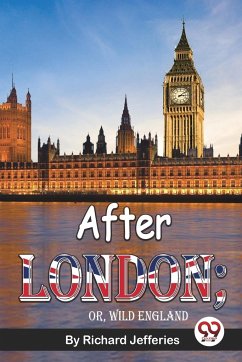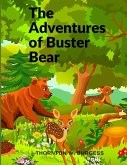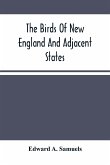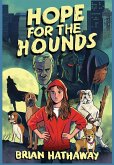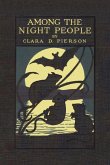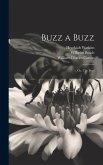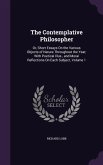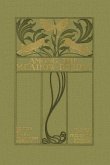One could consider Jefferies' book to be a groundbreaking piece of post-apocalyptic literature. After a sudden, unexplained tragedy has killed out the majority of England's population, the countryside returns to its natural state, and those who are left choose a fairly archaic way of life. The first section, The Relapse into Barbarism, is a description of the loss of civilization and its consequences by some subsequent historians. It features a lovely depiction of how nature reclaimed England. The second chapter, named Wild England, is an adventure that takes place in a culture and environment that are both wild and takes place many years later. The book's flaws are more than made up for by the great writing, notably the unsettlingly prophetic descriptions of the post-apocalyptic city and countryside. was released by Cassell & Company in 1885. "Everything became green in the first spring after London ended." The novel After London by Richard Jefferies is considered a classic work of "eco-apocalyptic" literature. Jefferies was married in 1874 and relocated closer to London in 1877 while still writing to support his wife and two kids. Though he was both unwell and penniless, the years from 1882 until his death in 1887 were when he was most creative.
Hinweis: Dieser Artikel kann nur an eine deutsche Lieferadresse ausgeliefert werden.
Hinweis: Dieser Artikel kann nur an eine deutsche Lieferadresse ausgeliefert werden.

